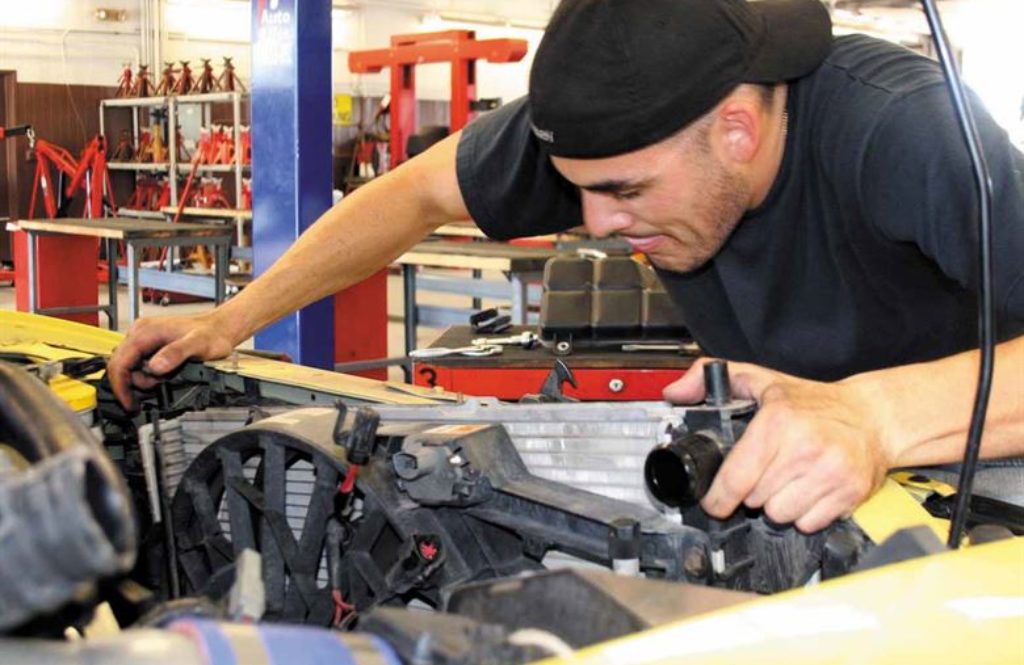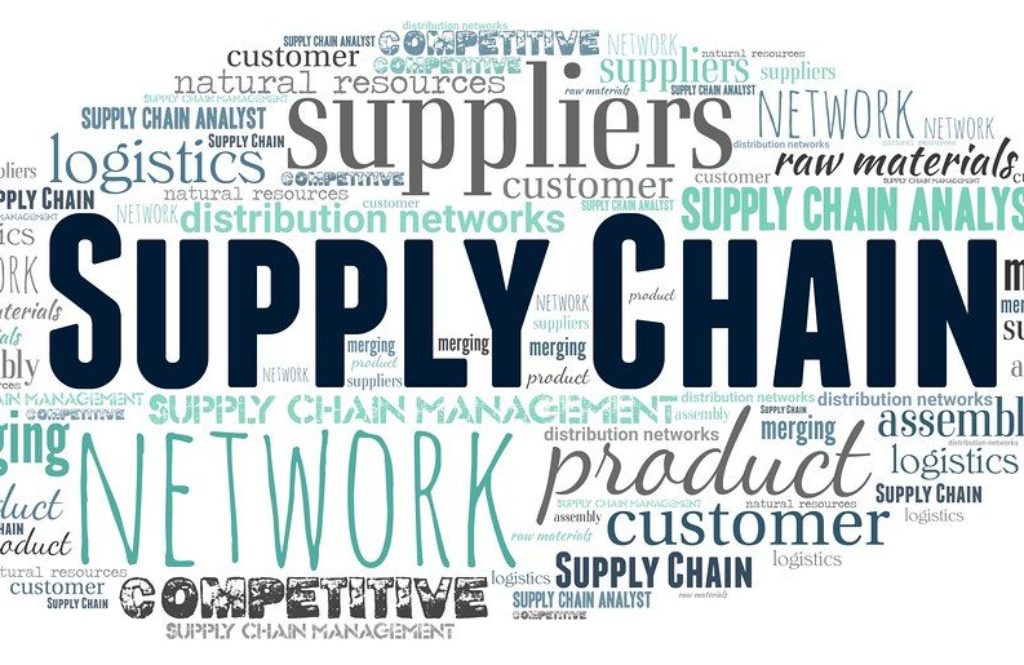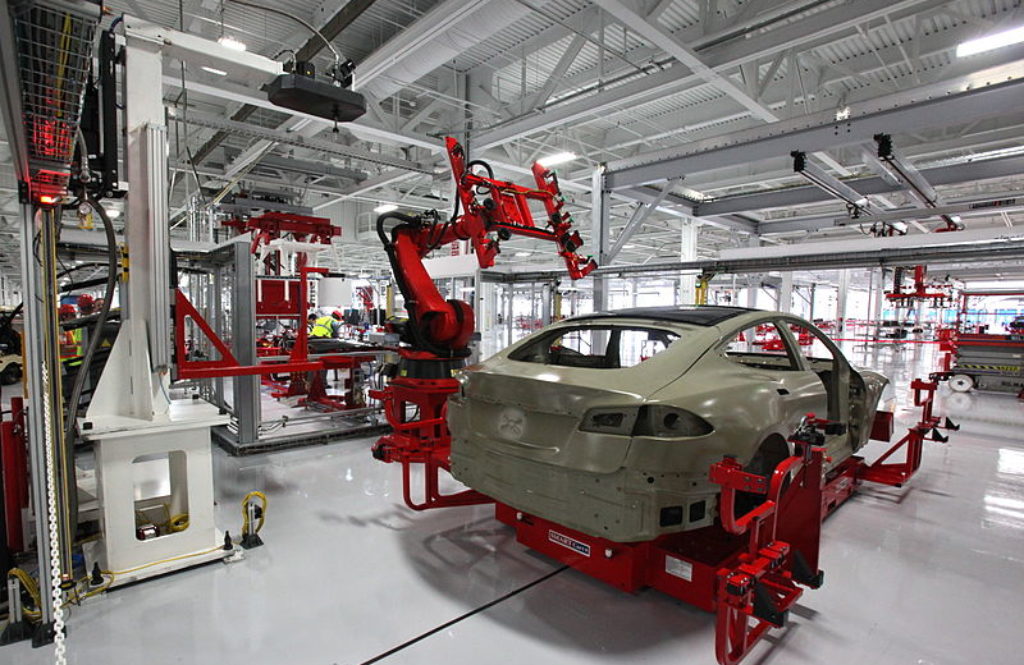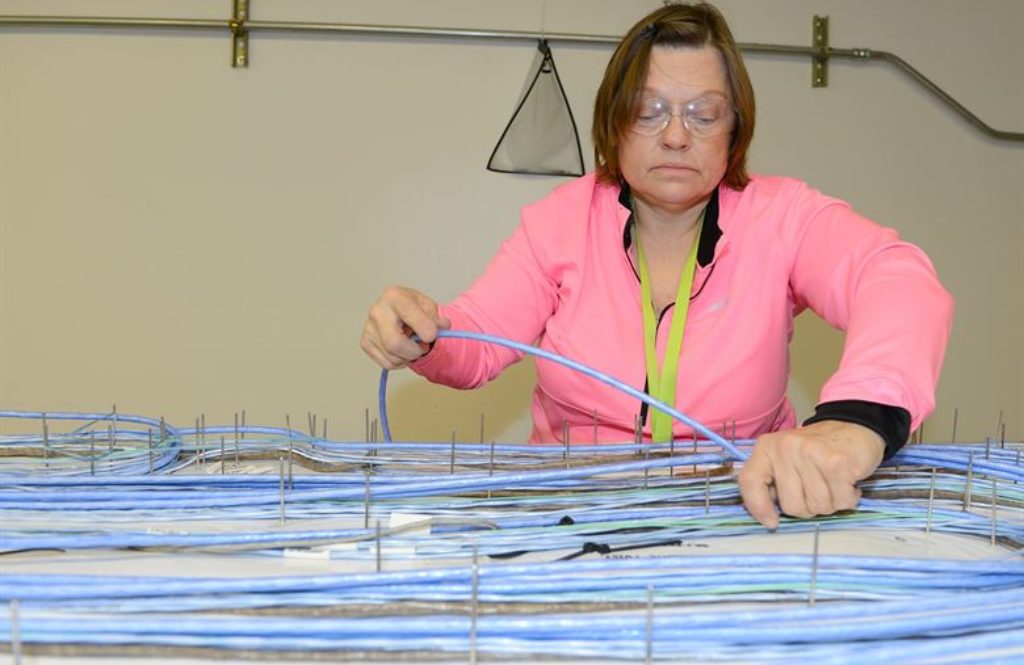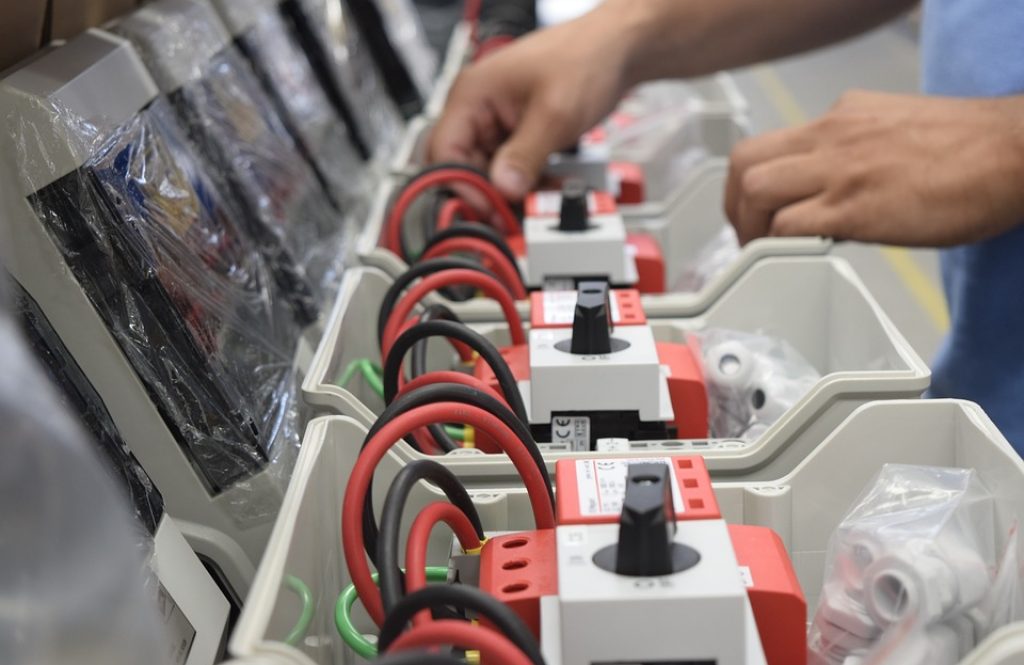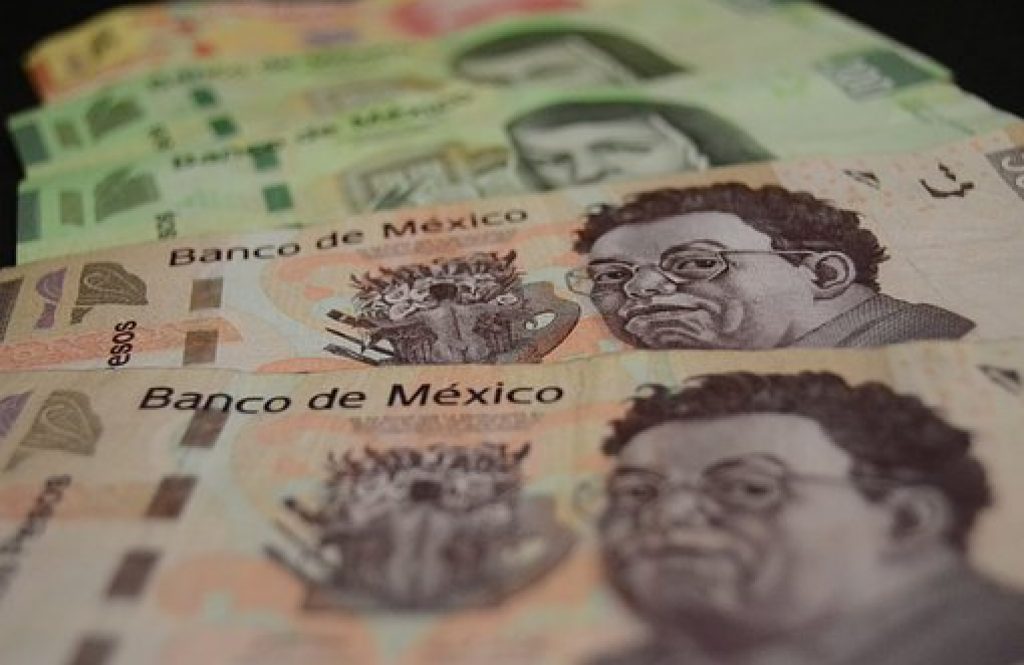New opportunities will increase auto parts manufacturing in Mexico
Despite the problems arising from the contraction of the world economy caused by the spread of the COVID–19 pandemic, companies in the automotive supply sector will have the opportunity to increase their level of auto parts manufacturing in Mexico over the coming years.
This will occur in the face of the regional content requirements contained in the United States-Mexico-Canada Free Trade Agreement (USMCA), which will enter into force this July 1st.
Raúl Albin Santos Guajardo, President of Industria Nacional de Autopartes (National Industry of Auto Parts), INA, maintains that there are three important issues that private companies and the federal government must take into account to help bring about the expansion of auto parts manufacturing in Mexico. In addition, to auto parts manufacturing, Albin, also believes that the opportunities will present themselves for producers of other classes of transportation industry manufacturing, a well.
Considerations for auto parts manufacturing in Mexico
The three issues that the President of the Industrial Nacional de Autopartes maintains must be considered are as follows:
1.– The increased regional content value (RCV) of passenger and other transport vehicles produced in the North American region: Canada, the United States, and Mexico. Under the NAFTA’s 50% of the value of a vehicle had to be manufactured in Mexico to be considered “originating.” Under the new USMCA, this figure will be increased to 62.5%.
2.– In order to comply with the new RCV requirements, the three countries that are party to the USMCA will see increased “regionalism” and/or trade “nationalism”. This is especially true considering that products used for auto parts manufacturing in Mexico that arrive from outside of the North American region will face increased tariff payments. Some auto parts jobs that are now in the Far East will undoubtedly return to North America.
3.– A concerted effort must be made to increase the competitiveness of companies that are involved in auto parts manufacturing in Mexico in the face of lower margins and similar volumes of production that will take place in both Canada and the United States. Under the new USMCA, 40% of the value of an automobile must be added in places in which workers earn at least $16.00 per hour. This requirement favors the creation of jobs in the auto parts industry in the United States and Canada.
In order to successfully address these three issues, companies engaged in auto parts manufacturing in Mexico require that:
1.– That the country continues to improve its competitiveness, especially as regards the price of energy since costs are substantially higher in Mexico than in the United States. Additionally, Mexico must maintain labor stability, provide tax incentives for investment, and provide full security for projects undertaken by foreign investors.
2.- Mexico promotes itself through its trade offices abroad. Activities of the federal government should also be supported by the coordinated actions of governments on the state level. This is especially important in the entities in which there is a large automotive manufacturing infrastructure.
3.– Educational programs must be strengthened through long-term plans to improve training at the technical and professional levels of careers related to the automotive sector in Mexico.
Auto parts manufacturing in Mexico adversely affected by COVID-19
The head of INA, Raúl Albin, reported that, when viewed from an annualized perspective, the value of auto parts manufacturing in Mexico could contract this year at least 28% when compared to the sector’s 2019 production results.
Thus, if an income of almost US $98 billion earned by the industry, much of which was achieved by export, was reported in 2019, this year’s estimates are that auto parts manufacturing in Mexico will generate US $71 billion.
The data that was recently presented by the president of INA contrasts with that of the previous year. In 2019, the sector reported a growth rate of 2.2% in the value of its production and 2.3% in exports of its products when compared to 2018.
Raúl Albin recently pointed out that in Mexico there are 600 tier 1 automotive industry suppliers and 900 companies that are Tier 2 and 3 that make their products in the country. These auto parts manufacturers in Mexico have integrated themselves into a supply chain that supports the manufacturing strategies of 14 assembler companies in the light vehicle industry as well as nine heavy equipment companies. These are firms that produce buses, trucks, and engines.
Additionally, he cautioned that if the Mexican auto parts sector does not create an environment of certainty for OEM auto parts manufacturers and vehicle assemblers, there is a risk that they will seek to move their investment to alternative venues, which, in addition to representing the loss of the negotiated supply contracts, would also mean loss of Mexican jobs.


